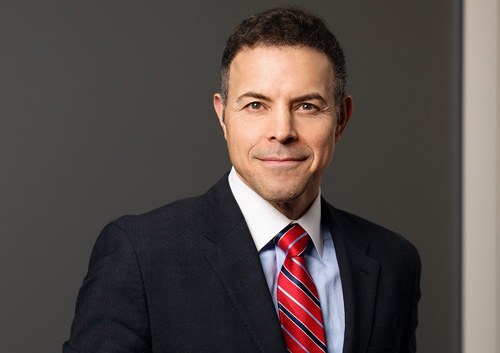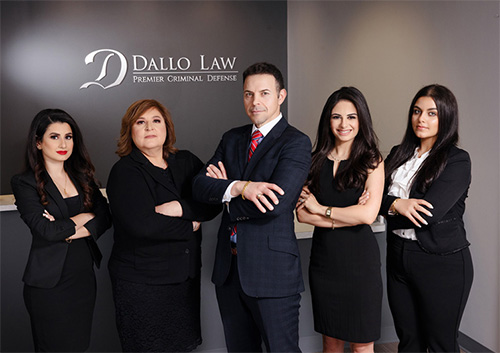The United States is known for being one of the most medically advanced countries in the world. We have access to the latest and greatest medical technology and treatment including medication, which our health care professionals use daily to heal their patients. Unfortunately, sometimes patients find themselves addicted to the prescription given to them, and once their script runs out, they turn to illegal methods to obtain their medication. To cater to their drug habits, some healthcare professionals will violate Public Health Code laws and write/sell prescription forms in exchange for something of value.
Crimes like the ones described above are prescription drug offenses. They are incredibly serious in the state of Michigan and carry harsh penalties including time in prison and expensive out-of-pocket fines. If you or someone you know has been charged with a prescription drug offense, it’s imperative you seek an experienced criminal defense attorney as soon as possible.
Oakland County Prescription Drug Lawyer | Bloomfield Hills, Michigan
It’s natural to feel anxious or even frightened over what might happen when you’re charged with a prescription drug offense. Thankfully, you can ease that stress by hiring an experienced Oakland County drug crimes attorney with J. Dallo of Dallo Law, P.C.. He can step in and help you through every phase of the process from the initial arrest to a possible trial. With his skills, resources, and dedication, attorney Dallo can build a formidable defense against your charges.
Call Dallo Law, P.C. today at (248) 283-7000 to set up your first consultation of charge. Dallo Law, P.C. accepts clients throughout the greater Oakland County and Macomb County area including Birmingham, Bloomfield Hills, Sterling Heights, Rochester, Rochester Hills, Romeo, Novi, and Clinton Township.
Information Center:
- Is Faking a Prescription a Crime?
- What Constitutes Prescription Fraud?
- Trafficking Prescription Forms
- Additional Resources
Is Faking a Prescription a Crime?
Obtaining a prescription form without being authorized to do so or possessing a counterfeit prescription form is a crime in the state of Michigan with serious penalties. According to the Michigan Public Health Code Section 333.7403(e), no person shall knowingly or intentionally possess a prescription form unless it was through a valid prescription or on order of a healthcare practitioner.
Violation of this section will result in a misdemeanor which is punishable by:
- Up to 1 year
- A fine of no more than $1,000
Forging a prescription form or using other fraudulent means to obtain a prescription form is illegal under Section 333.7407 of the Public Health Code. The statute also states it’s illegal to knowingly or intentionally possess a counterfeit prescription form.
Violation of this section will result in felony punishable by:
- Up to 4 years in prison
- A fine of up to $30,000
What Constitutes as Prescription Fraud?
Using fraudulent means to obtain or attempt to obtain a controlled substance or a prescription for one is known as prescription fraud. The crime is addressed under section 333.7407 and Section 7403a of the Public Health Code. According to the code, doing any of the following will result in a prescription drug fraud charge.
- Distribute as a licensee a schedule 1 or 2 controlled substance
- Use a fictitious, revoked, suspended, or another’s person license number in the course of manufacture or distribution of a controlled substance
- Acquire or obtain possession of a controlled substance by misrepresentation, forgery, deception, subterfuge, or fraud
- Use false or fraudulent material or omit material from an application, report, or other document kept or filed under this article or any record required by this section
- Distribute, make, or possess a die, punch, plate, stone or other device designed to imprint, print, or manufacture a trademark, trade name or other identifying mark, imprint, or device of another or any likeness of any of the foregoing upon a drug or container or labeling thereof so as to render the drug counterfeit
- Possession of a counterfeit prescription form
The statute does provide some immunities for medical records or information released or made available under the following:
- Physician-patient privilege
- Dentist-patient privilege
- Any other health professional-patient privilege created or recognized by law
Prescription fraud is a felony offense punishable by up to 4 years in prison and a $5,000 fine. You may also be required to undergo an alcohol or substance abuse screenings and participate in court ordered rehabilitative services such as counseling. Failure to complete this program will be considered a violation of your probation.
Trafficking Prescription Forms
In some cases, the goal of the offender is not to obtain a prescription but to sell prescription forms, whether real or not, for a profit. This offense is prohibited under Section 333.7401 of the Public Health Code, which states it’s a crime to manufacture, create, deliver, or possess with intent to do any of listed actions a prescription form or counterfeit prescription form.
Violation of this section will result in a felony offense punishable by:
- Up to 7 years in prison
- A fine of up to $5,000
Additional Resources
Michigan Prescription Drug Fraud Laws – Visit the official website for the Michigan Legislature to read up their laws pertaining to prescription drug fraud. Access the site to read up on the various way fraud can be committed, the penalties for doing so, and certain immunities under the law.
Michigan Pharmacist Accused of Faking Prescriptions Worth 2 Mill – Visit the official website for Michigan Live, a news site detailing all the latest local and state stories in the Michigan area. Access the site to learn about a story regarding Hasna Bashir Iwas, a Michigan resident charged with unlawfully distributing prescriptions costing up to two million dollars.
Michigan Prescription Drug Defense Attorney, Bloomfield Hills | Oakland County
If you or someone you know has been charged with a prescription drug offense including fraud, forgery, or faking a prescription, call Dallo Law, P.C.. J. Dallo of Dallo Law, P.C. understands the chemical and legal side to prescription drug crimes and can use his knowledge to create a strong defensive strategy for your case. Call Dallo Law, P.C. to get answers to all your legal questions today.
Dallo Law, P.C. can be reached at (248) 283-7000, and from there you can set up your first consultation. We accept clients throughout the state of Michigan including Oakland County and Macomb County.









